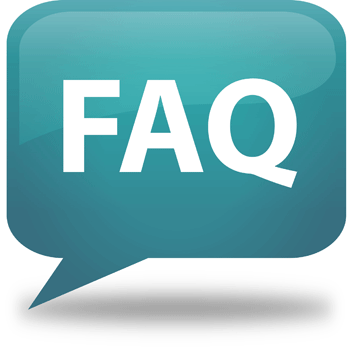| After the Word Trade Center tragedy, we saw lots of people being covered in dust. Can dust be dangerous? |
There is harmless and harmful dust. Nuisance dust makes you cough and feel uncomfortable, but is not harmful. Dust made from poisonous materials is called toxic dust and can be very dangerous. Other highly hazardous dust includes asbestos, which is not toxic, but which consists of tiny fibres that lodge in your lung. Asbestos is often a factor when it comes to buildings being demolished. Dust can also be in the form of an organic substance, such as mould and bacteria, viruses and biological hazards.
|
| What other materials might be present in the air in a terrorist event? |
This is impossible to say. At the site of a crumbling building, for instance, there might be a lot of both nuisance dust and harmful dust. There may be gas from leaking pipes. There may be dangerous chemical vapors from crushed drums and broken containers. In the case of a terrorist attack, a breathing hazard might be the very purpose of the attack - remember the Sarin gas attack in the Tokyo underground. If you want a respirator for use in case of a terrorist event, and accident or other unexpected emergency, a simple dust mask is not the answer. You must have a respirator that protects you against dust and smoke, harmful gas and chemical vapor, as well as bacteriological and biochemical substances.
|
| What types of respirators are there? |
There are many types of respirators, ranging from the simple disposable tissue masks you saw some people wear after the attack on the World Trade Center, right through to the heavy and unwieldy SCBA equipment (compressed air cylinders strapped to your back) worn by some of the firemen. In between these two extremes (one not providing enough protection, the other too much) you will have a choice of various rubber masks with valves and filters/cartridges, and fan-driven filter respirators.
|
| Is there a respirator I can carry around in my handbag or in my pocket that can provide protection if anything happens? |
Unfortunately, the only 'respirator' you could carry in your pocket is also the type that provides protection only against the coarsest nuisance dust. In essence, you might as well put your handkerchief in front of your mouth and achieve the same result. At the very least, if you want a respirator that can provide good protection against a variety of unknown hazards, you should choose a good quality respirator with a face piece and filters/cartridges. It might not fit in your pocket or handbag, but should fit your purpose much better. Some emergency evacuation respirators are supplied in handy cases that can be worn on your person (say, on a belt) or that can be kept handy in a cupboard or glove compartment.
|
| What factors should I consider when selecting a 'just-in-case' respirator? | You will not know what air-borne hazards are present. This means that your respirator must be ready for various types of hazard. Dust and gas. Smoke and fumes. Vapor and Mist. Bacteria and viruses. Check that the filters/cartridges in the respirator can handle all these hazards. Also, keep in mind that filters and cartridges do have an expiry date. An expired filter will not provide the protection you need. Do NOT buy old respirators, and don't buy second-hand equipment. You will not be able to take off your mask. You may not have much time. You must be able to achieve adequate protection
One practical way of making sure that you can achieve good face seal is to select a respirator that lets you perform a simple leakage test.
|
| How can I make sure I'm protected against biological agents? |
Let's be honest: the odds are that you will never know that you have been exposed to biological weapons. Chemical, yes: most chemicals have a smell, and many can appear in a visible cloud or as mist. If the chemical is detectable either by smell or taste or vision, chances are that you will have time to protect yourself against it. Biological agents are different. These substances often have no warning signs whatsoever. They cannot be detected by your senses. You will not have the faintest idea that you have been exposed to them. And many bacteria and viruses have a long latency period; this means that, after entering your body, they may take many hours, days or even weeks before they actually make you ill. It is like catching the flu: you have no idea where or when you caught it. If you do want breathing protection against biological agents, a thin surgical paper-mask is not the solution. You need at least a tight-fitting rubber mask with a very efficient filter, such as a P100/P3 class filter (filtering efficiency 99.97% at 85/95 litres/minute) or, preferably, a P1000/P4 filter (filtering efficiency 99.9997% at 85/95 l/min). Only these filters, fitted to a leakage-free face mask, will be able to separate bacteria and viruses from the air your breathe. |
If you have any questions please call or email us using the IndustrySearch email for a direct reply.
.



-160x160-state_article-rel-cat.png)